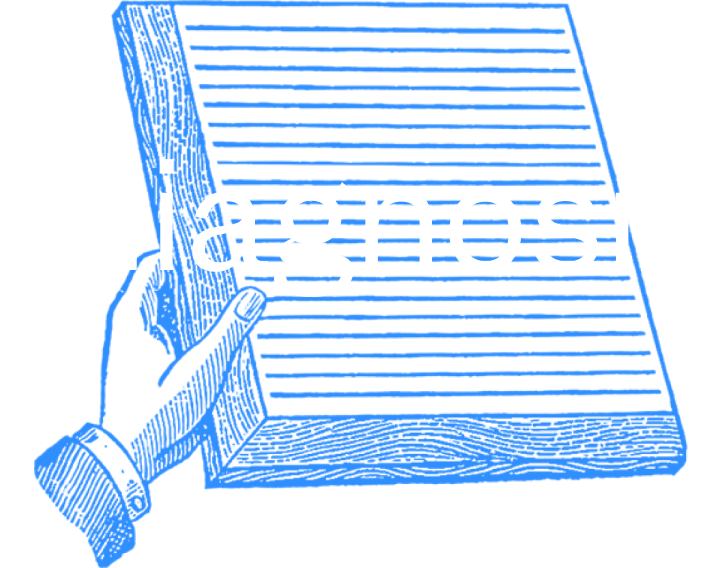December 14, 2009
Harry Reid’s Ticking Entitlement Time-Bomb
Senate Majority Leader Harry Reid is scrambling today to pick up the pieces from his collapsing “breakthrough deal” between moderates and liberals. It seems the Senate’s top Democrat rushed out with a compromise plan that none of the critical players had actually agreed to support. At the center of the storm is...
